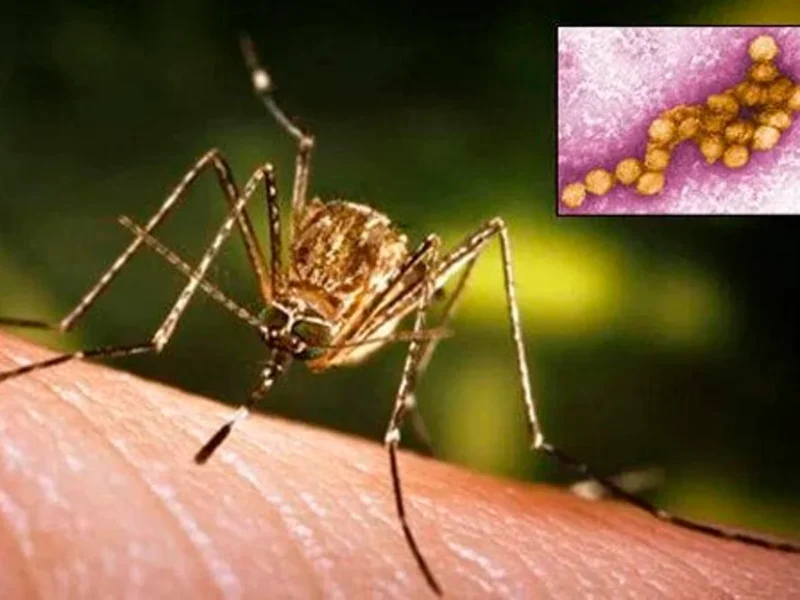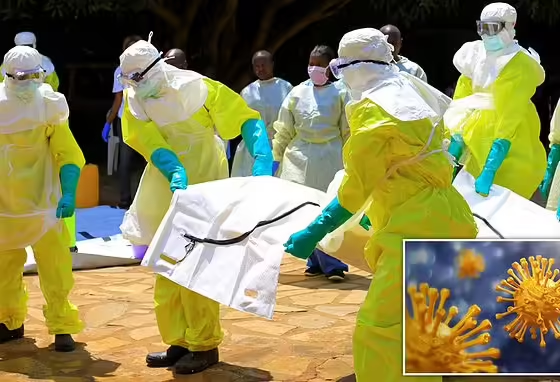West Nile Infection is a viral disease that significantly affects human health. It’s important to understand its causes, symptoms, and necessary details to prevent and manage it effectively.
Causes of West Nile Infection
West Nile Infection is caused by the West Nile virus, which enters humans through the bites of infected mosquitoes. These mosquitoes become carriers after feeding on birds carrying the virus. Though not all mosquitoes have the virus, it is vital to take steps to minimize the risk of infection.
Symptoms of West Nile Infection
Symptoms can range from mild to severe, including fever, headaches, body aches, fatigue, skin rashes, and swollen lymph nodes. Severe cases may lead to encephalitis or meningitis, causing neurological problems or even death. It’s essential to get medical help if you notice any of these symptoms, especially in areas where the virus is common.
Diagnosis and Treatment
West Nile Infection is diagnosed through a mix of clinical evaluations, blood tests, and other lab tests to find the virus. There’s no specific antiviral treatment, and care focuses on managing symptoms and complications. Severe cases may need hospitalization to monitor and treat brain inflammation.
Prevention Strategies
Preventing West Nile Infection involves reducing mosquito exposure and eliminating their breeding sites. Use insect repellent, wear protective clothing, and avoid being outside during peak mosquito times. Ensure that windows and doors have screens to keep mosquitoes out of homes.
How To Protect Yourself From West Nile Infection?
Public health officials monitor and control West Nile Infection spread through surveillance programs tracking mosquito populations and virus activity. Public awareness campaigns educate people on the risks and promote preventive steps.
Ongoing research seeks to understand the West Nile virus better, develop diagnostic tools, and explore treatments or vaccines. Collaboration among researchers, healthcare professionals, and public health agencies is key to advancing knowledge and strategies against West Nile Infection.











